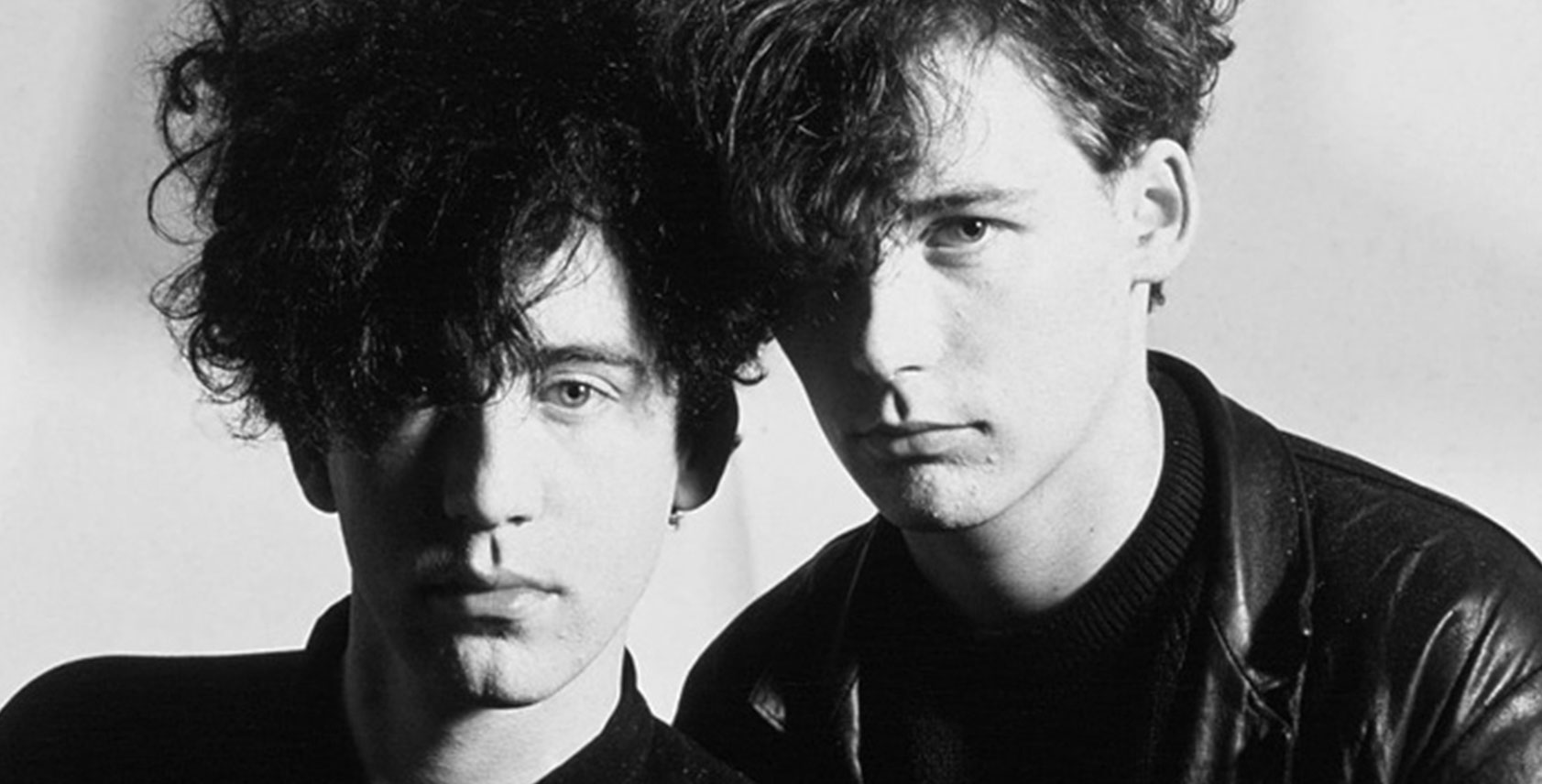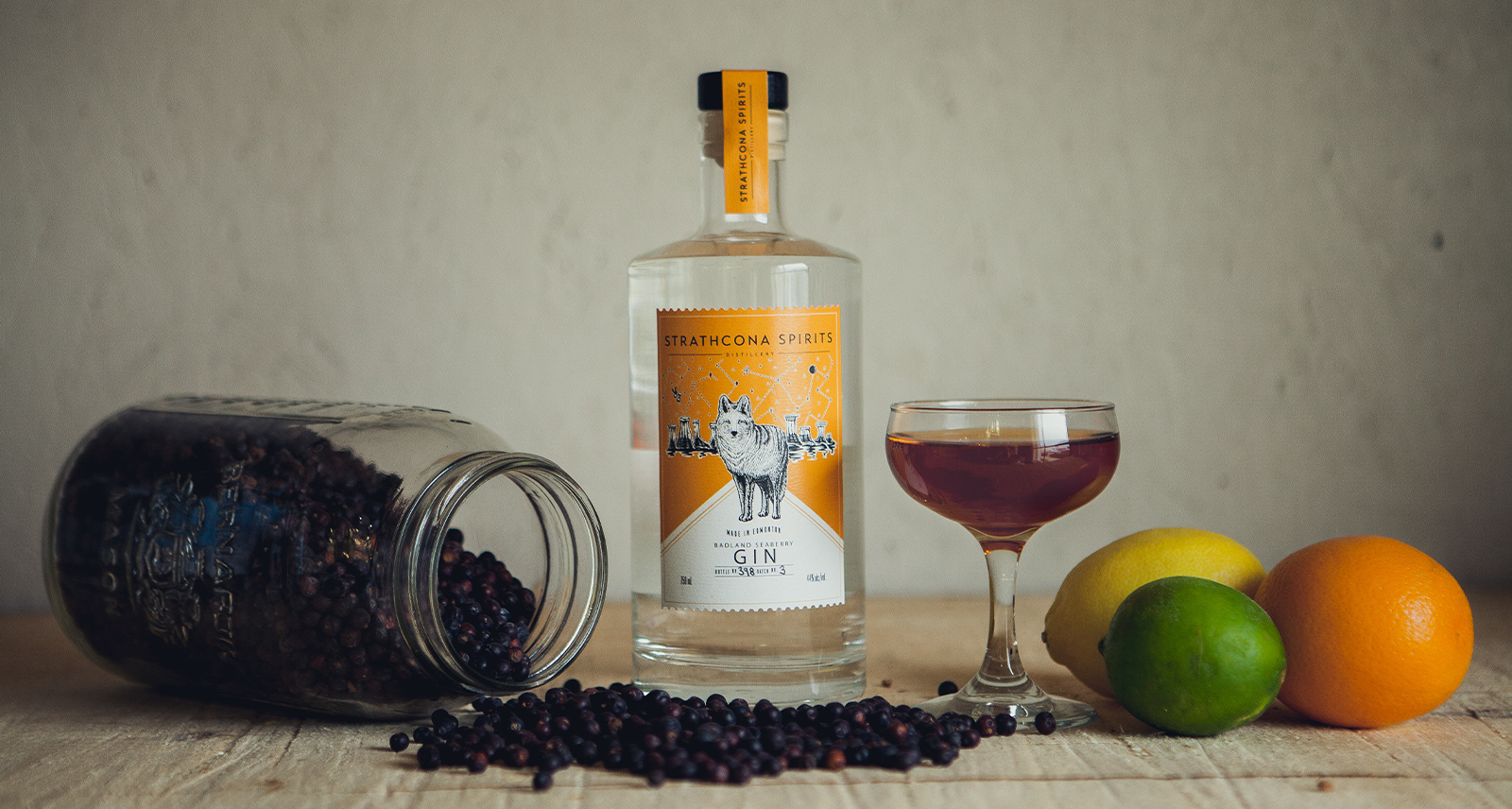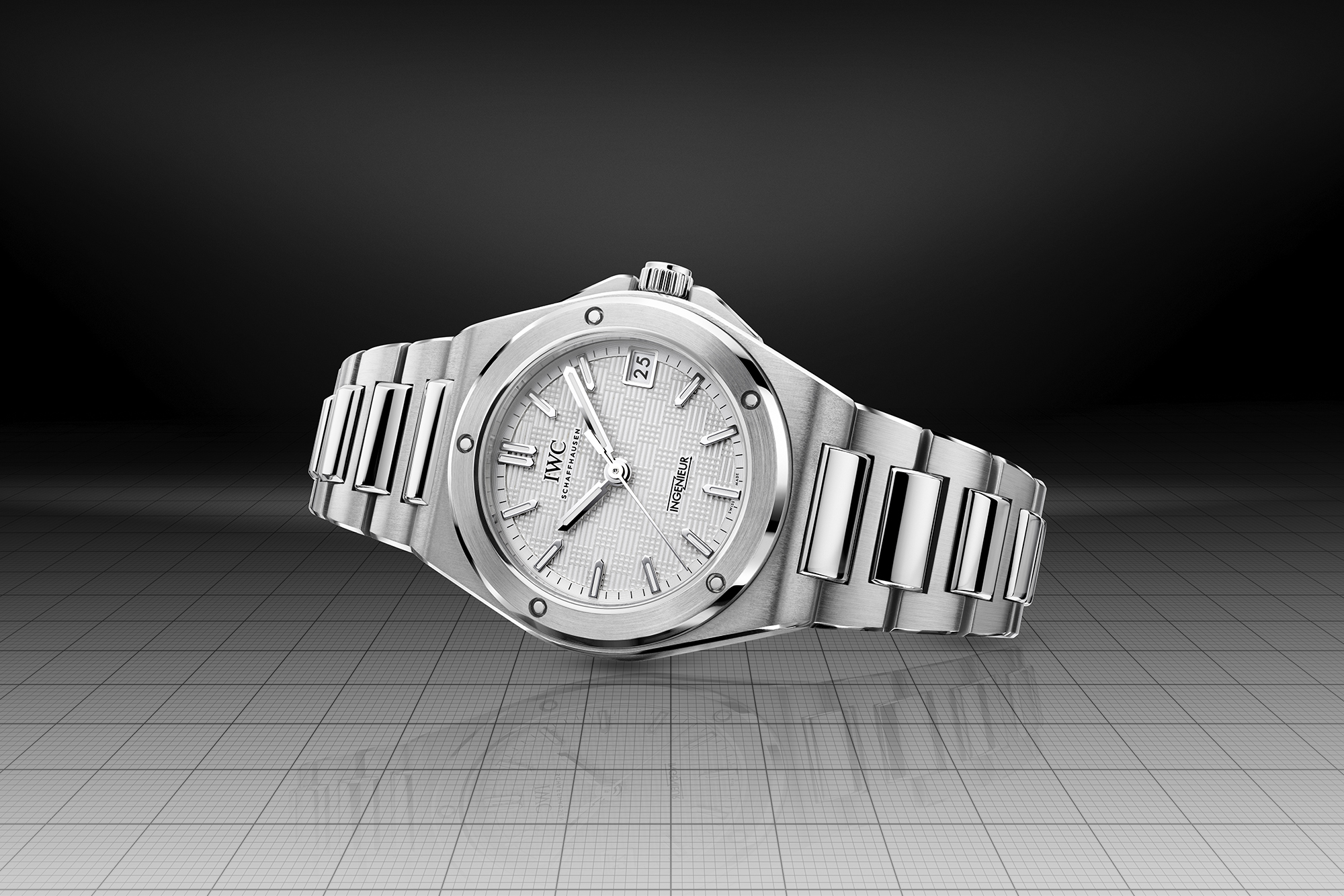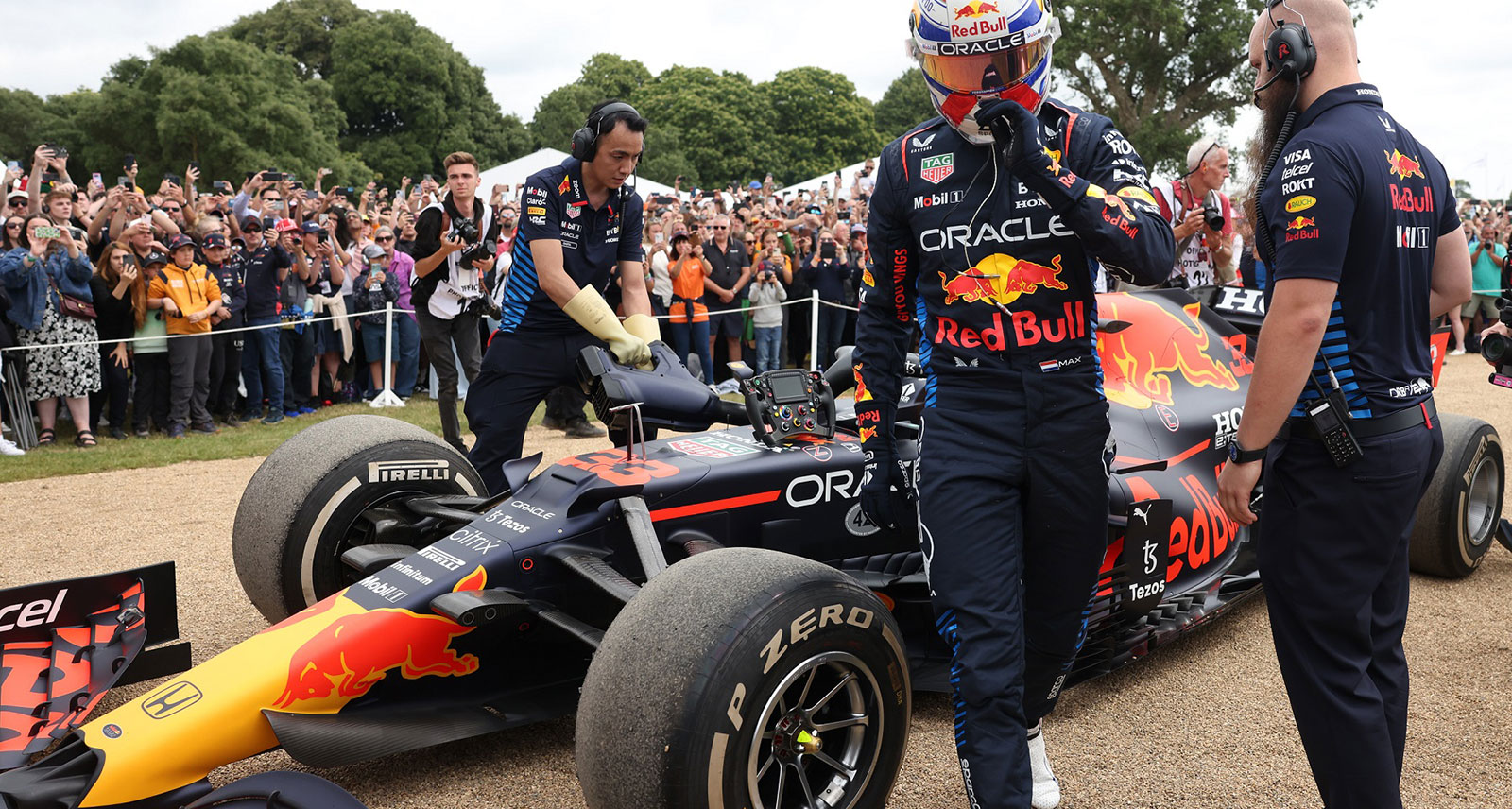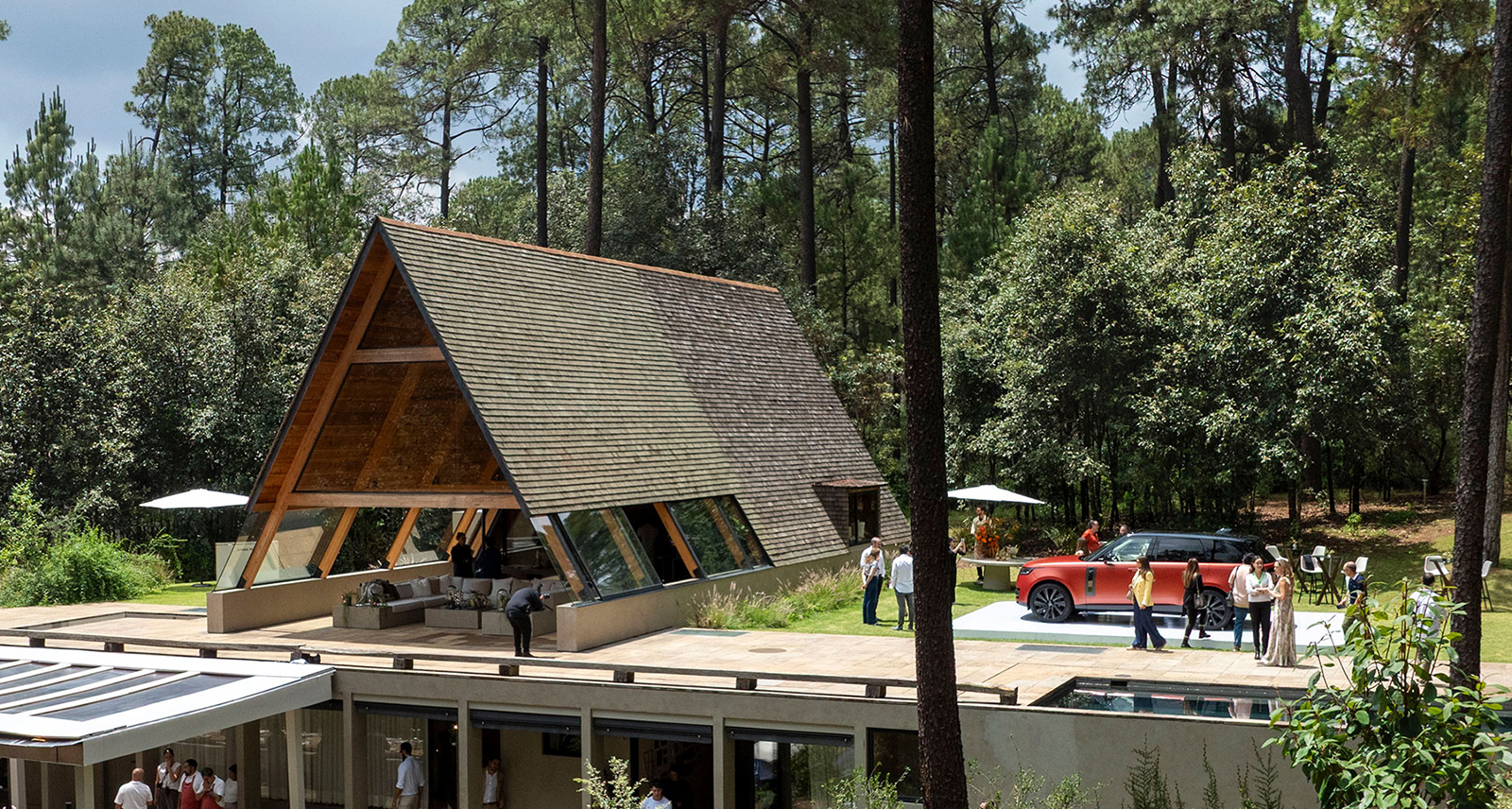The Jesus and Mary Chain Are Back, and They Just Made a Timeless New Album
In the final scene of Lost in Translation, Bill Murray and Scarlett Johansson say a tearful goodbye as Murray whispers something unknown into Johansson’s ear. As they part ways and head towards the credits, a solemn drumbeat sounds out. It’s followed by a buzzsaw guitar cutting through the silence, and finally a deadpan voice appearing from the feedback. It’s a song so melancholy it seems tailor-made for that moment, though it was actually recorded some 18 years earlier.
That song, “Just Like Honey”, and that iconic scene were the first exposure for a whole generation to The Jesus and Mary Chain. The Scottish band’s blend of stark, simple songs with equal parts abrasive noise and classic pop melodies made them one of the “important” bands of the 1980s, and created a clear legacy that’s still ever-present in music today. Cult favourites like My Bloody Valentine and Pixies were clearly indebted to The Mary Chain’s sound, and it’s hard to argue with the idea that their sound is the root of the entire shoegaze genre.
Led by brothers Jim and William Reid, the band returns this year with their first studio album since their break up in 1999 and reunion in 2007. The new album, Damage and Joy, finds the notoriously conflict-prone brothers exploring a sound somewhere between the squall of their ’80s work and their more anodyne ’90s recordings. As is so often the case with The Mary Chain, many of the new songs feel timeless, as if you’re hearing a song you haven’t heard since you were a kid, catching half of something intriguing from the radio. They make you long for something (or someone) that was never there, a phantom nostalgia.
We caught up with Jim at his home in Devon, England.
Something I was curious about right away: when it came to working on the album, did you have some things leftover from before the band reunited that you wanted to try, or was it all just a fresh start?
It’s not stuff left over from when The Mary Chain were still going, but some of the songs are from the period in between when the band broke up before reforming. Basically it’s songs from the last 10 years or maybe more. Some of them are older and some of them are brand new.
When you were working on these new songs, in terms of writing and arranging was it just you working with William mostly or with Brian [Young, drums] and Phil [King, bass] as well?
It was mostly me and William. We did all of the writing, and then when we went into the studio some of the actual song structures might’ve been rearranged by the producer, Youth. He might’ve suggested repeating a chorus here or there, something like that. But more or less it was done before we hit the studio.
Is William still living in the US?
Yeah, he still lives in LA so that makes it quite difficult to get together and do anything. But we manage.
How did the writing process work then? Did you mostly do it online/by email, or would you meet together once in awhile?
These days you can just email people song ideas. We don’t really that often write together. More or less we just come in with a bunch of songs and just pick whichever ones are the best.
This is your first time working with Youth?
Yeah.
Was he somebody where you had heard some of his work and you thought it would be an interesting idea to work with him? Or was it a personal connection?
To be totally honest about it, we thought of getting a producer with no one particular in mind. The reason why was that I had horrible memories of making Munki, our previous album [released in 1998]. And I didn’t want to go into the studio if it was going to be that all over again. I resisted this whole idea of making another album for quite a long time. And then we came up with the idea that if we got a producer in it would be another person in the studio, it might take the band in a different direction. But most of all we were thinking they would be some kind of referee if the shit hit the fan. So we put the feelers out and Alan McGee, who manages us, is big pals with Youth. He immediately suggested him [and we hit it off].
When you say that for awhile you resisted the idea of doing an album, was that even after you had done the Psychocandy shows in 2015 [for the album’s 30th anniversary]?
Right about the time of the Psychocandy shows is probably about the period when I started to think that we should do a record, really. I always thought we would do another album, although I was worried about the process. But people kept asking us if we were doing another record and so much time had gone by that it was getting to be a bit embarrassing. “When’s this new record of yours coming out?” “Soon, soon.” It just got to the point where I thought, we’re either going to have to make a record or tell people that we’re not making a record. It’s just getting too embarrassing to continue like this. So I went to my brother and said “Let’s do it.”
Was the process of playing those old songs, some that you had never played live, an impetus at all?
Not really, to be honest. I knew that if we knuckled down we could make a record that would be worth releasing. I knew that we could do it, just how painful would it be to get it done? That’s what was the only thing tripping me up. As it turns out, we got on really well anyway, my brother and I, when we were in the studio. So all my worrying seems like it was for nothing. It was OK in the end. We got on fine, we had a bit of fun doing it and there were no serious bust ups. In fact we’re even thinking that now we could do another record.
With the album coming out, you’re going on tour this spring. Out of curiosity, do you have any big memories of touring Canada?
Well, there was that one rather infamous evening when I got arrested in Toronto. [It was 1987] and I got arrested for whacking one of the members of the audience with a microphone stand. [Laughs.] I spent the night in jail in Toronto. I’ve been back many times since then, it’s been fine. It was a stupid thing that shouldn’t have gone as far as it did. It was a storm in a teacup. There was nothing to it. But having said all that, that wasn’t one of my finest moments.
With the passing of people like David Bowie and Leonard Cohen, who had such long, varied careers, do you see The Mary Chain continuing on like they did?
I suppose I always thought that would be the case. As long as it feels right, it feels good and if you go out there and there are people looking back at you, then you’re doing something right. But if it starts to feel like we’ve got nothing left to say, or this is not the least bit enjoyable anymore, then I’ll hang up my spurs. Do you know what I mean?
I guess that’s the ideal. Nobody wants to become a lounge act.
I mean, when we started out, this kind of thing wasn’t done. You didn’t get bands that went into their 50s and 60s, but now it seems like the norm. It’s so common. If you were to say to me, 30 years ago, “Will you still be doing this when you’re 55?” I would’ve thought you were ridiculous! It would’ve sounded absurd to me. But here I am.
Do you think that the 20-something-year-old version of you would have respect for where you’re at now?
[Laughs.] Fuck. 20-something-year-old me didn’t have respect for much, so probably not.
